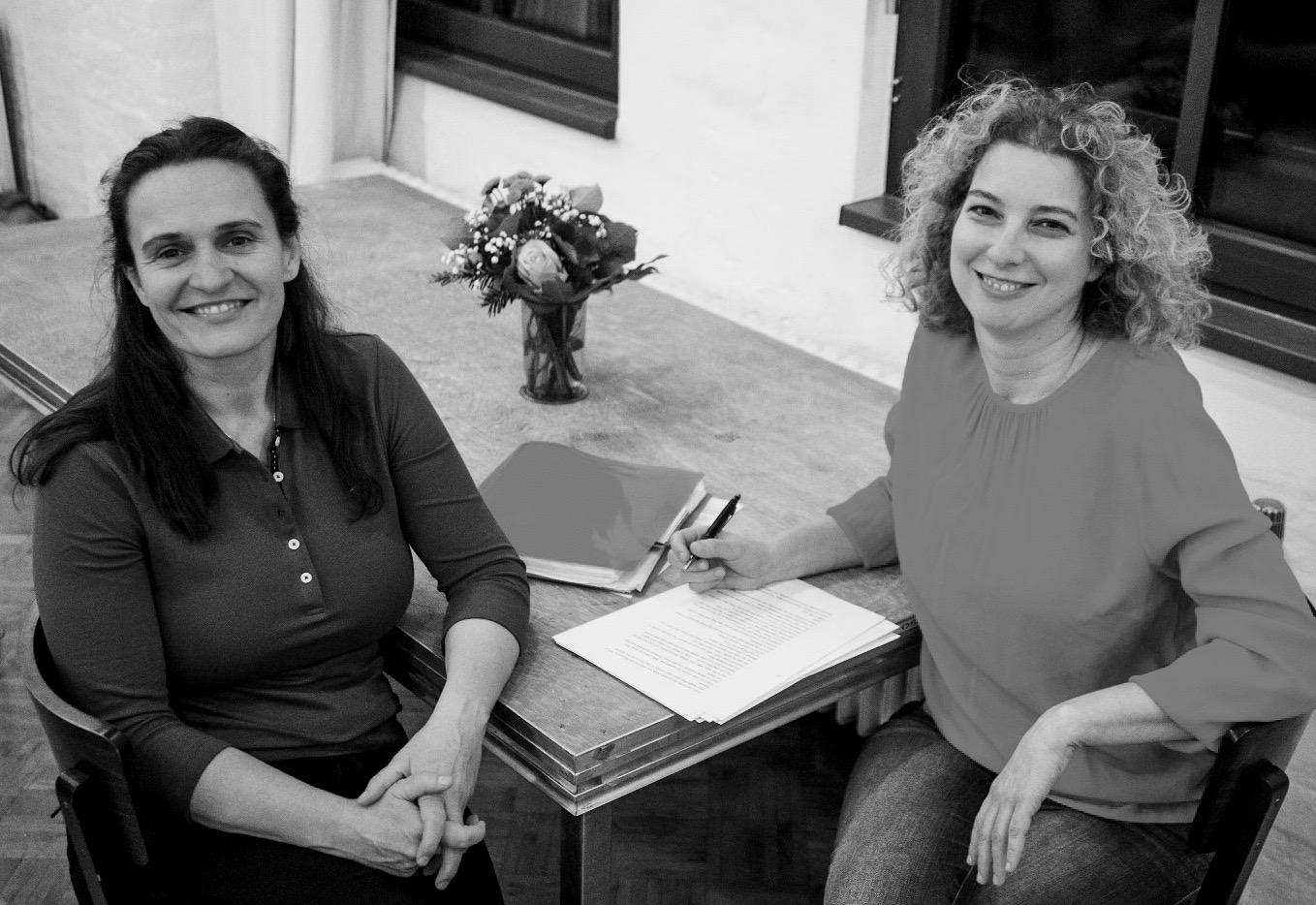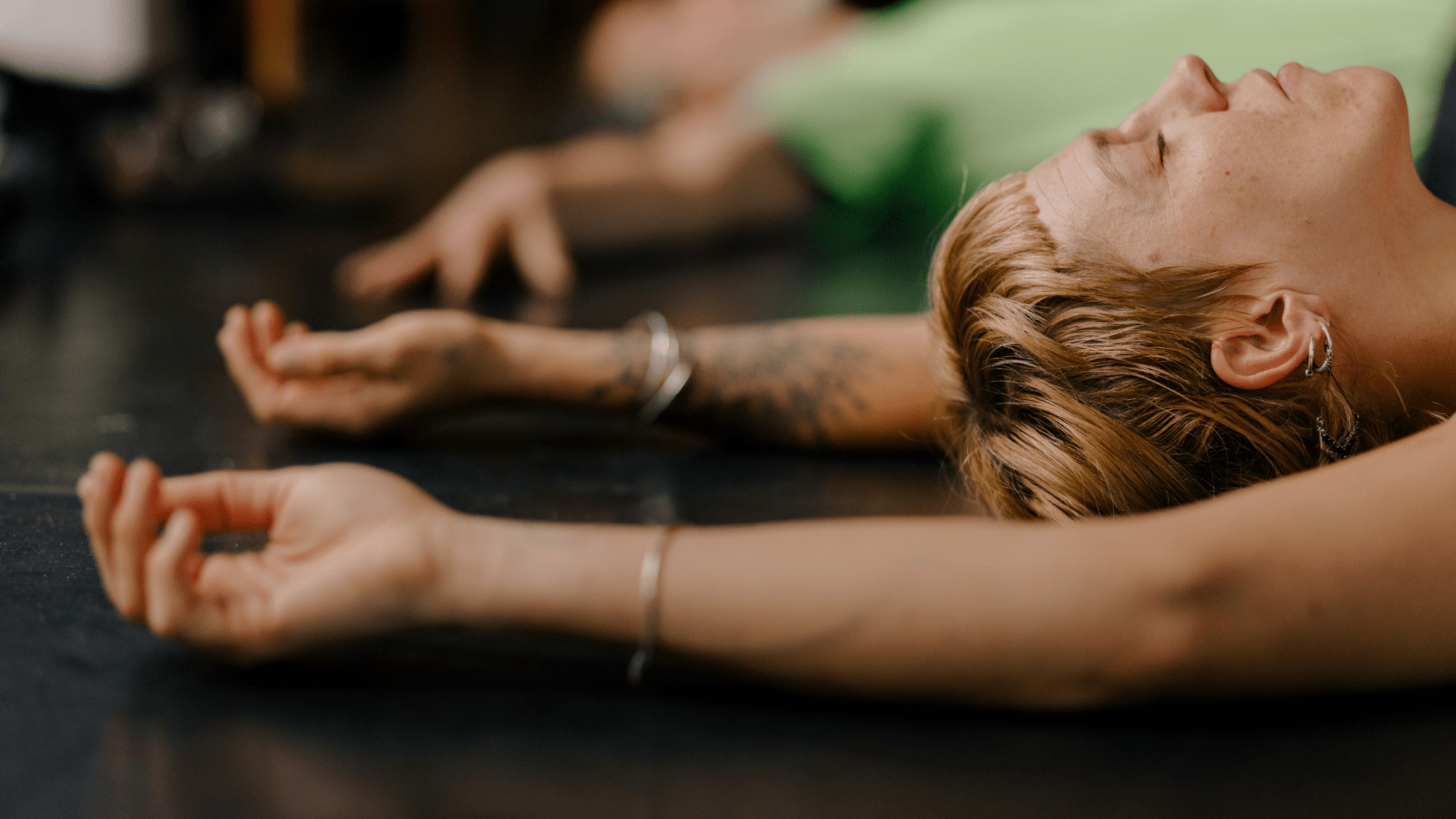
War In Ukraine – Dealing With Our Emotions
Do you also start your day by reading the news?
Some of us look at the news every day, while for others, it is something that they do their best to avoid. However, in times like these, many more people consume the news way more regularly with concern, shock, fear, sadness, or anger. We all look for ways to help. Some choose to open their homes to the people who have fled the war-torn areas. Others make donations of money or goods or take to the streets to demonstrate and show their solidarity.
Pantarei wishes to help
This coming Monday, we will have a new page up on our website, called “Our Support.” Here you will find the contact details of practitioners volunteering to give free sessions to people impacted by the current situation in Ukraine. If you have family members or friends who have been affected by this war, feel welcome to connect them to our page so that they can reach out to a practitioner. If you or others you know are overwhelmed by the news, also feel welcome to reach out.
What can you expect in a Pantarei session? Your practitioner will help you connect to your body and your emotions. They will help you tap into your resources in order to clarify your actions. Most sessions take place in person with the element of touch. However, you can also request an online session, which might be more relevant for you under the constraints of Covid or due to your location.
Emotions can be triggered
When we heard the news from Ukraine, we were just in the middle of teaching a module all about dealing with emotions. Besides the intensity that forms part of any such module, there were also new layers of sadness, anger, frustration, and helplessness. There was a concern for our student’s families and friends who were directly affected by the crisis in Ukraine. But we could also witness how emotions triggered other emotions. Memories of fear, concern, wars, and struggles started to appear in the room while each student dealt with them to the best of their capacity.
This period asks us to act. To find what each one of us can do to help. In addition to the practical support that people offer, ranging from giving donations, participating in demonstrations, or providing help to those with whom we are connected, it is clear that we all have to find our way to communicate with our emotions.
Once again, as a society, our emotions are being stirred. War is never local, and it impacts all of us emotionally and practically.
Here are a few things we discussed and trained in this module that we hope will also support you in dealing with the disturbing news.
The relationship between your actions and emotions
There is a difference between feeling something and acting on it. You might feel your anger while watching the news, yet your resulting actions might be full of tenderness and care. You might feel frustration and helplessness, leading you to move with clarity and determination.
People are often afraid to feel their emotions as they believe they would have to act from that very same place. Emotions are way more complex, and when you realize this, you can allow your feelings, in order better choose your actions, thereby gaining an incredible amount of inner freedom.
Feelings change shape
One of the interesting characteristics of our emotions is that they change their shape quickly. Just think how in moments of loneliness, it was enough for a loved one to call you, for you to feel connected and cared for. Similarly, in a crisis, when feeling low, a small gesture can pull you into a completely different frame of mind. There might even be space for humor among the pain or lightness within the tension.
Express your emotions
One of the best ways to make sure your emotions don’t stay in your system is to express them. When you talk to someone directly impacted by the war, let them express their feelings. Let yourself express what you feel.
However, each of us expresses our emotions differently. You might be great with words, and your ability to articulate how you feel supports you and others. You might be a person who takes action whenever you experience intense emotions. Don’t expect people to express their feelings the same way as you, but stay tuned to their individual style of finding a way for those emotions to come out.
Are there negative emotions?
There are no good or bad emotions. At the moment, the reality is not a positive one, and therefore, we can categorize many of our feelings as negative, including our anger, frustration, helplessness, or shock. When we don’t label any of those feelings, we can easily sense and perceive the power that comes with them.
Anger leads us to action and solidarity, frustration toward finding ways to help and change, and sadness toward empathy. If you don’t judge your emotions, you will find a great sense of strength in owning them, whatever they are.
A mix of emotions
There is no need to choose one emotion to feel. You can feel frustration and love, anger and care, sadness and joy. When we give hands-on sessions, it is often the combination of emotions that leads our clients to the changes they desire. It is okay to laugh in moments of sadness, just as it is okay to cry in moments of joy.
War is messy, and if you see the news, you probably cannot stop admiring those Ukrainian people who show strength and pride while likely feeling little but sadness and fear.
Connect emotionally and choose your actions
We frequently hear people talking about their feeling of helplessness and how they have lost track of the actions they wanted to take. One of the most apparent paths that we would suggest in such a case is to connect to what you feel. Breathe, move and stretch. Hold space for what you feel, and allow your curiosity to grow with it. Your desired action steps will start to become apparent.
You are stronger than you believe
Our emotions need a foundation.
When you want to connect to your emotions, we suggest you start by noticing your “why,” your purpose, your strength. If you are in Ukraine and are reading this, remember your country, friends, and family. Then move on to feeling your emotions. If you are elsewhere and the war feels overwhelming for you, start by blessing the safe space you live in, before you dive into your feelings.
Support each other
As Pantarei practitioners, we know the sense of power that comes when we support others. It is not always possible, and often we feel that our emotions overwhelm us to the extent that we can’t find the strength to help others. However, from our experience, when you get in touch with your emotional world, you learn that you are way more capable than you believe.
If we all find a way to support each other emotionally, we would live in a better world, both personally and as a community.
Stay tuned via our social media channels to get the latest on the “Our support” “page.

Written by Claudia Glowik and Vered Manasse






